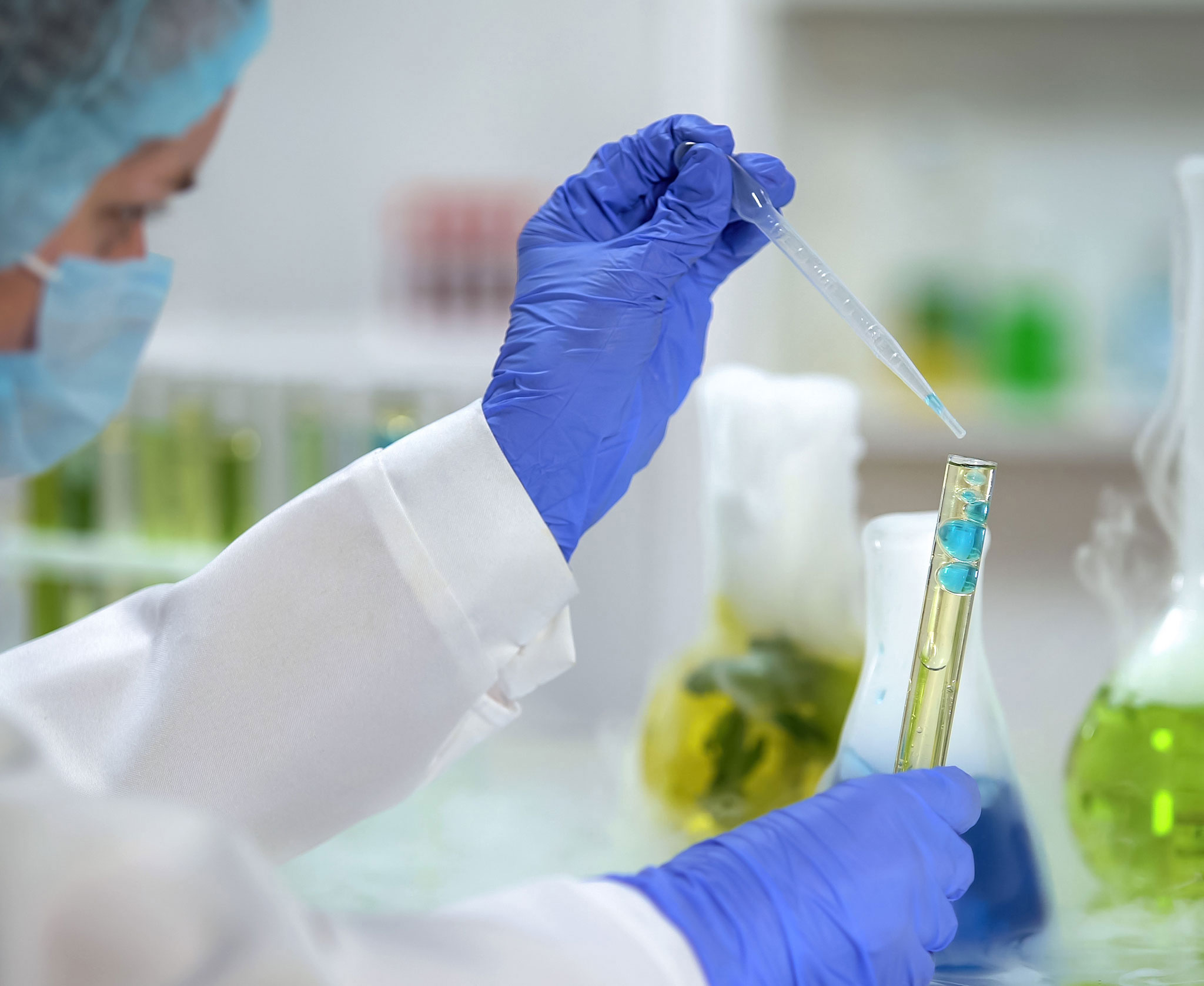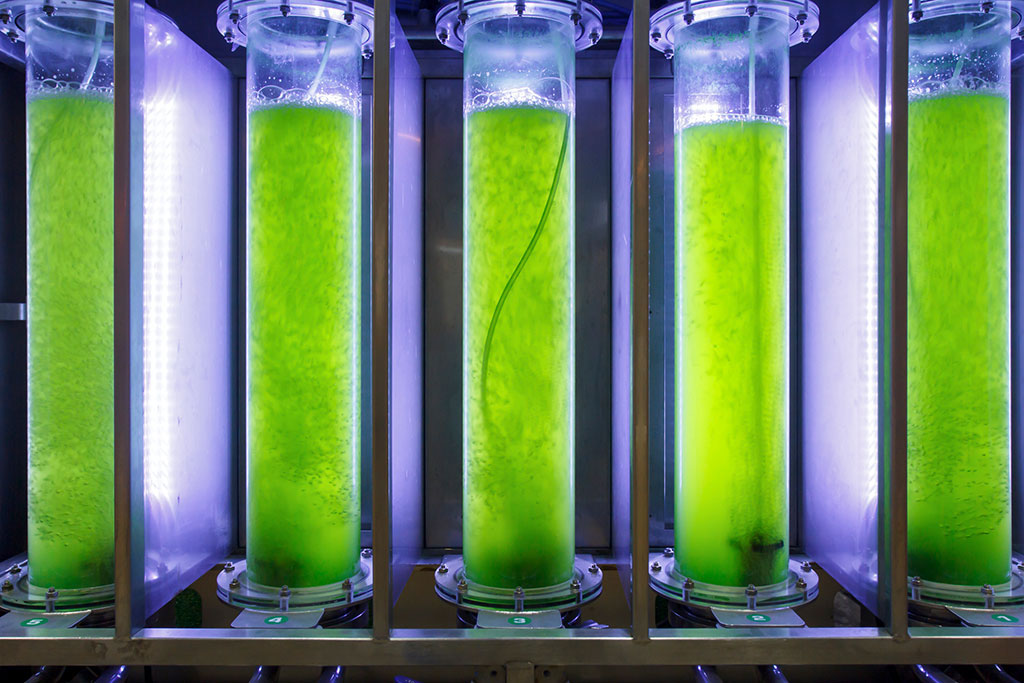


Realizing the Potential of Algae
Algae-based biofuels are the sustainable answer to the cleaner fuel problem.



Algae-based biofuels are the sustainable answer to the cleaner fuel problem.

Significant challenges face ongoing production of first generation biofuels. As yield enhancements and output gains from corn, sugar cane, palm oil and soy become harder to achieve, the world is looking to alternatives; alternatives that do not compete with or encroach upon resources required for food production.
Finally, after years of research and constant development, algal biofuels are capable of living up to their full potential as viable solutions to the clean fuel problem both in terms of scalability and commercial viability.
Algae are highly efficient converters of carbon dioxide (CO2) – both atmospheric and industrial – and good old, regular sunshine. It is possible to refine the energy-dense oils these simple organisms produce into biodiesel and aviation fuels that have 76% less carbon intensity.
Algae is one of the most natural and efficient photosynthetic plants. Indeed, it was one of the original sources of the earth′s crude oil when it bloomed hundreds of millions of years ago. It is ironic that, 150 years after crude oil became the engine of growth for modern civilization, algae should hold the key to saving it from itself.
Algae are our planet’s most efficient photosynthetic organisms since they expend no energy growing roots, stems, seeds or flowers. Far much more energy (approximately 6-50 times more) is produced per acre, per year, using algae when compared with other feedstock.
